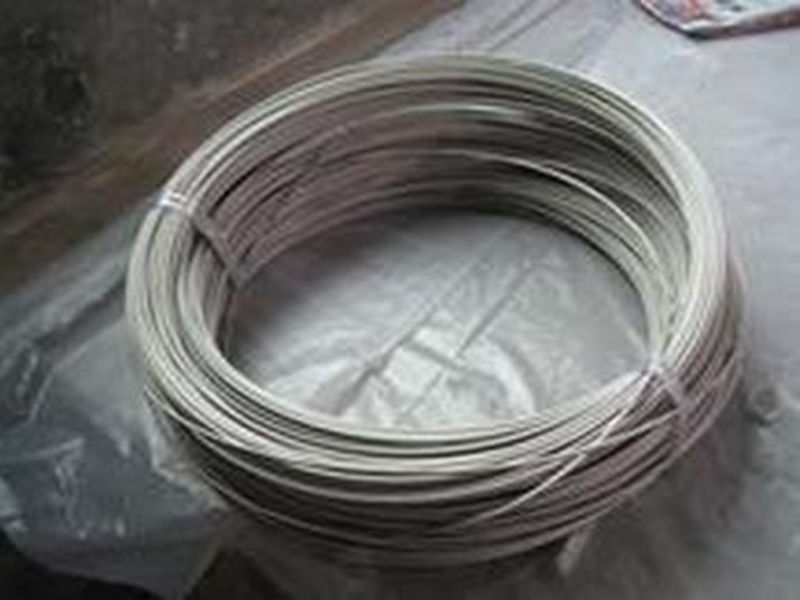Uses of titanium
- allround360
- Feb 25
- 2 min read
The strength of titanium is high, and the tensile strength of pure titanium can reach up to 180kg/mm2. Some steels are stronger than titanium alloys, but titanium alloys have more specific strength (the ratio of tensile strength to density) than high-quality steels. Titanium alloy has good heat resistance, low temperature toughness and fracture toughness, so it is mostly used as aircraft engine parts and rocket and missile structural parts. Titanium alloys can also be used as storage tanks for fuel and oxidizers and high-pressure vessels. Titanium alloys are now used to make automatic rifles, mortar mounts and tubes for recoilless guns. In the petroleum industry, it is mainly used as various vessels, reactors, heat exchangers, distillation towers, pipelines, pumps and valves. Titanium is used as a condenser in electrodes and power stations, as well as as an environmental pollution control device. Titanium-nickel shape memory alloy has been widely used in instrumentation. In medical treatment, titanium can be used as artificial bones and various appliances. Titanium is also a deoxidizer in steelmaking and a component of stainless steel and alloy steel. Titanium dioxide is a good raw material for pigments and paints. Titanium carbide, titanium carbon (hydrogen) is a new type of cemented carbide material. Titanium nitride is nearly as good as gold in color and is widely used in decoration.
Titanium and titanium alloys are widely used in the aviation industry and are known as "space metals"; In addition, it is widely used in the shipbuilding industry, chemical industry, manufacturing machinery parts, telecommunication equipment, cemented carbide, etc.
In addition, because titanium alloy also has good compatibility with the human body, titanium alloy can also be used as artificial bone.
Corrosion resistance of titanium Zirconium nitrate and zirconium hydroxide are used in the atomic energy industry and as corrosion-resistant chemical materials under high temperature and high pressure, but their activity in solution is second only to sodium.
Then, if you add a live wave of zirconium nitrate solution to the titanium hydroxide solution, you will find that titanium rejects zirconium nitrate.
As you can see, there is a clear layering in the picture, with zirconium nitrate on top and titanium hydroxide below. We know that titanium hydroxide is less dense than zirconium nitrate, but still maintains significant delamination and stays zirconium nitrate in the upper layer, which proves the corrosion resistance of titanium. According to experiments, titanium will not rot for 20~50 years when placed on the seabed



Comentários